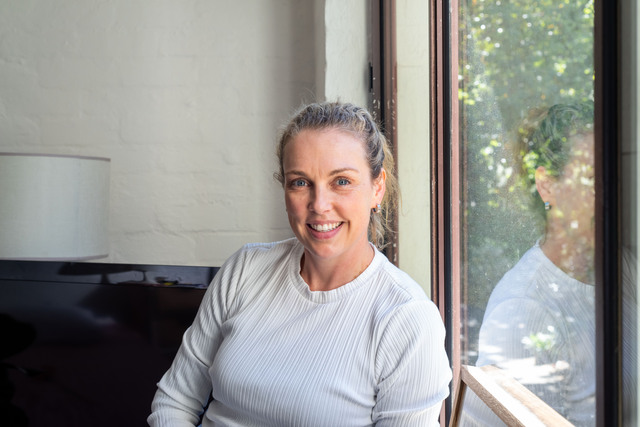Despite our society having much more awareness of the need to support our emotional and mental wellbeing, why are we still struggling?
The wellbeing industry has seen extraordinary growth over the past decade, particularly post-Covid, and we are all much more aware of the importance of self-care and the need to prioritise our emotional and mental wellbeing.
Programs have been designed to support wellbeing in the workplace, more and more people are seeking professional support, there are wellbeing coaches, school-wide programs are being implemented, and so much more.
But, despite all this, the data shows that the area needs much more focus and attention.
While not wanting to alarm readers, I do want to share a few important statistics.
Half of all the mental health conditions experienced in life will have started by age 14, according to Beyond Blue.
The most common disorders children experience are attention deficit and hyperactivity disorder (ADHD) and anxiety.
Another study conducted by Beyond Blue found that one in seven young people aged between 4 and 17 years experience a mental health condition in any given year.
However, the good news is that Smiling Minds says ‘evidence shows that prevention can reduce the prevalence and impact’.
While some mental health conditions require treatment by experienced, trained professionals, I believe that simple prevention strategies – such as mindfulness and meditation – at a young age can play a pivotal role in preventing some emotional problems further down the track.
Even starting with a small step as a family by sitting still for one minute and listening to the sounds around you, or having a ‘mindful moment’ once a week, such as being aware of doing a certain activity like brushing your teeth, can be a positive start.
If you’re not convinced, a study conducted by Harvard University found that people are at their happiest not when their mind wanders to pleasant thoughts, but when the mind is focused on what they are doing in the present moment!
I realise that prevention strategies are not for everyone, and that serious emotional and mental health conditions require expert and professional help, but isn’t it worth at least giving mindfulness and meditation a go?
If nothing else, it could be a nice habit to form with your family – one that you might even enjoy.
Fiona is an experienced primary school teacher with a passion for student wellbeing.
She runs a variety of mindfulness programs for primary school-aged children.
Each session is designed to equip children with a toolkit of mindfulness strategies to help them lead healthier and happier lives.







